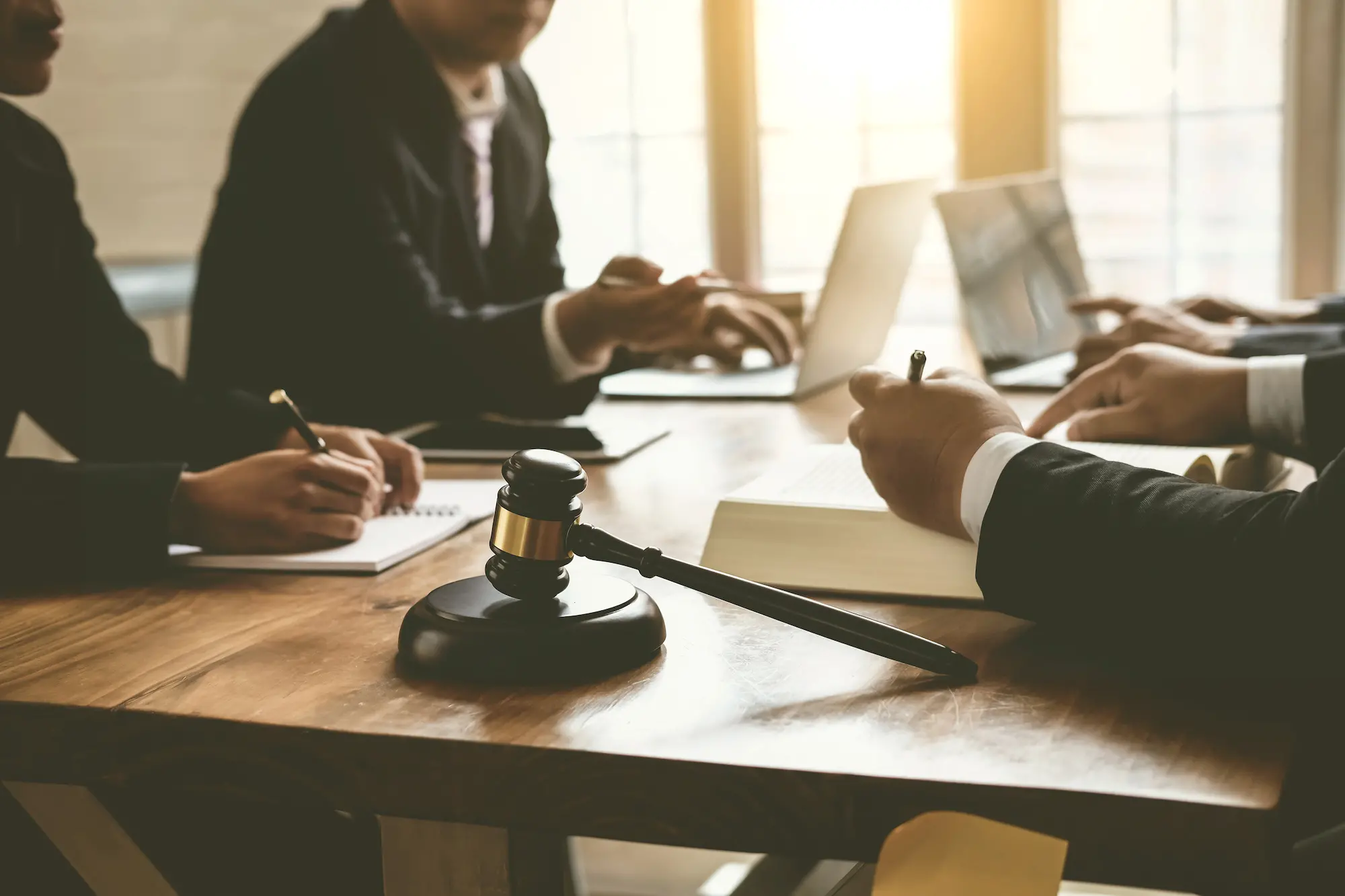Accuracy of Evidence in Criminal Cases
Preventing wrongful convictions by improving and fundamentally reforming how scientists, the public, judges, lawyers, and jurors understand evidence presented in court
Improving the Use of Forensic Evidence
Scientific evidence plays an increasing role in criminal cases, including traditional forensic methods, such as fingerprint and firearms comparisons, but also new ways of evaluating DNA. But how accurate and effective is this evidence? And do jurors, lawyers, and judges fully understand its implications? The Center works on research and policies that improve forensic methods and the reliability of forensic evidence used in court.
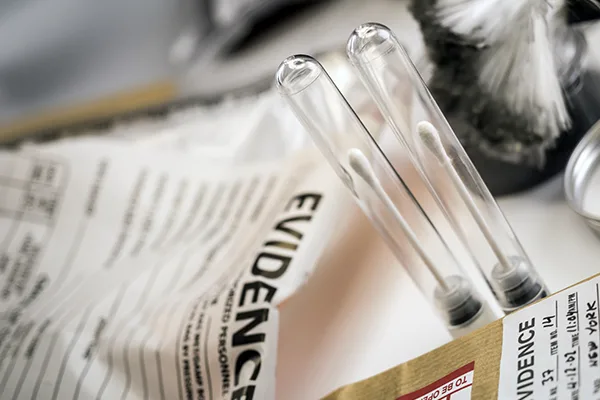
Preventing Eyewitness Misidentification
Eyewitness misidentifications are a leading cause of wrongful convictions, yet this type of evidence continues to be used in large numbers of criminal cases. We work on identifying reliable ways of using eyewitness evidence and better ways to inform lawyers, judges, and jurors about the limitations of this type of evidence.
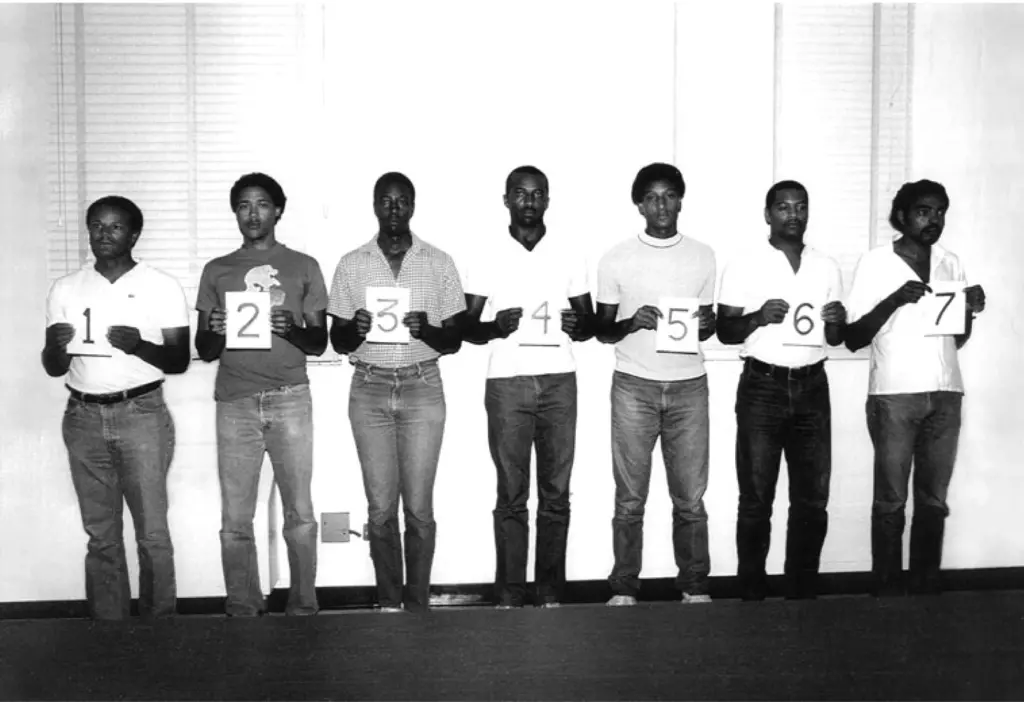
Safeguarding Against Coerced or False Confessions
A person's confession can be very powerful evidence in court, but innocent people can confess under police pressure. The Center studies false confessions and works on model police policies, including through the American Law Institute, aimed at preventing false confessions.
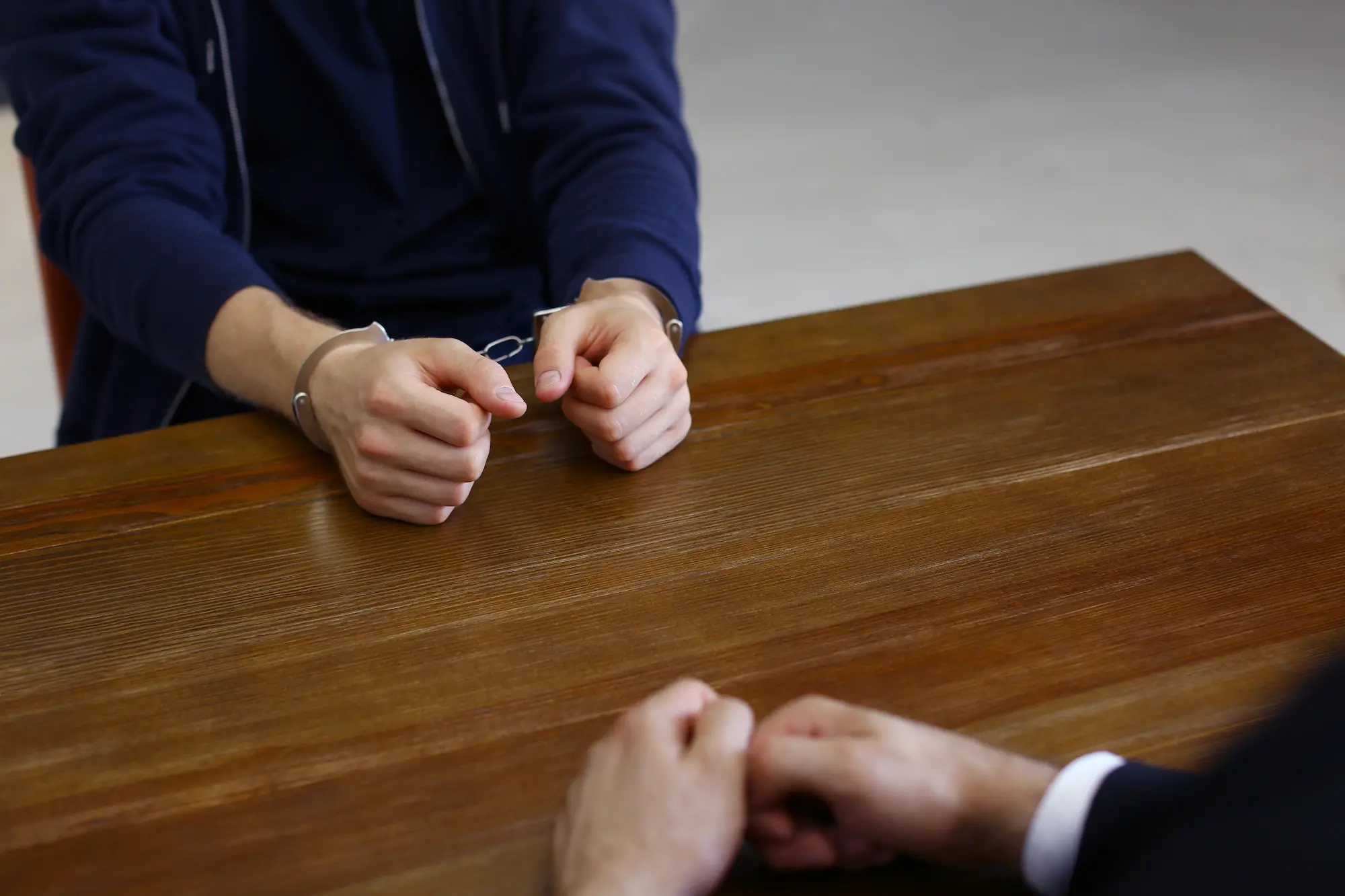
Reforming the Use of Artificial Intelligence
Artificial intelligence (AI) systems are often known as “black box AI” because of their complexity and lack of transparency, and courts have only begun to evaluate these systems. The Center advocates policies, including regulations, to require that open or "glass box AI" be used in criminal cases.
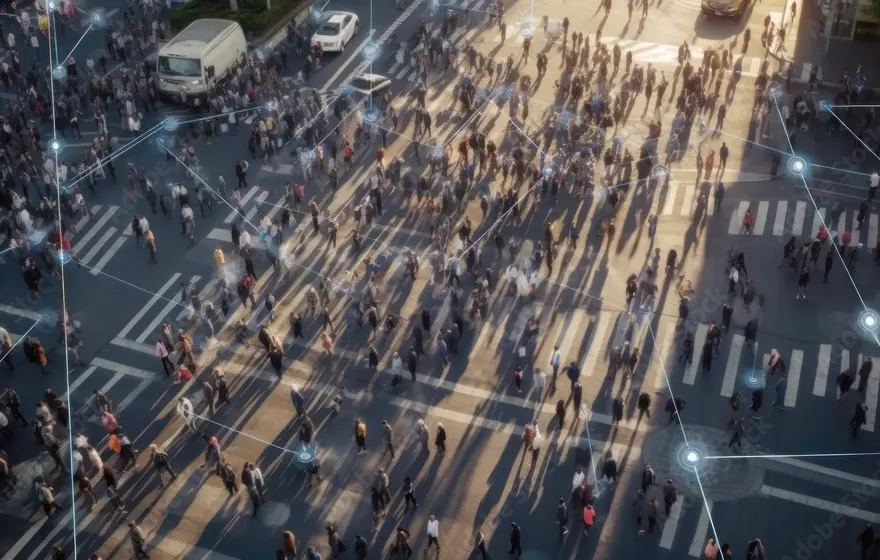
Informing the Judicial System through the Amicus Lab
A wide range of cases raise novel scientific issues, which judges can struggle to resolve. One way to provide courts with independent, evidence-based information and insight into complex scientific issues is through filing friend of the court briefs, known as amicus curiae briefs. The Wilson Center submits amicus briefs in state and federal appellate courts and in the U.S. Supreme Court where independent expert views may play a useful role.
